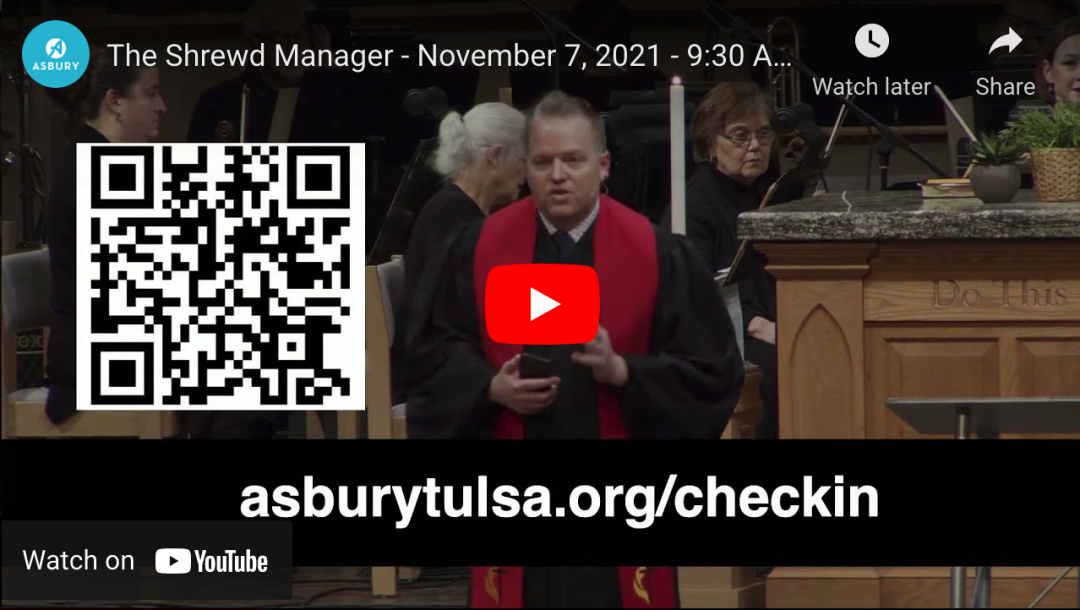The Shrewd Manager
Series: Jesus The Contrarian

This is a troubling parable. Why would Jesus tell such a story? Is He rewarding dishonesty? This manager seems incompetent at best and at worst, a crook. (What does “wasting his possessions,” mean?) When he learns he will be fired, he thinks he is too weak for manual labor and too proud to beg. It is commendable that he thinks ahead. He comes up with a plan to curry favor after he is terminated. When the master discovers the manager’s deceptive practice, he does not condemn, but commends. Is Jesus saying the end justify the means?
Part of our difficulty in reading Scripture is trying to understand the context, such as a culture with practices far different from our own. Two possible explanations of this story are:
First, it could be about the OWNER’S dishonesty. Charging interest (“usuary”) was forbidden under Jewish law. However, as with Sabbath laws, it could be cleverly bypassed. If the manager’s actions revealed the master’s usuary, the master would be put to shame. The only thing he could do to save face was to applaud the manager.
Second, it could be that since the manager earned his living by inflating the bill with a commission, he could have simply eliminated his commission. He and the owner would both look generous.
Jesus’ point in the parable is about having a good plan for the use of money. Tithing (one-tenth of one’s income) is the Old Testament model. It started with Abraham’s recognition of “the priest of God,” Melchizedek. At the end of the Old Testament, Malachi asks those who are not tithing, “Will man rob God?” The New Testament emphasizes giving generously (2 Corinthians 9:7). A tithe is a great example, but the grace of Jesus far surpasses the Law. We want to follow HIS example.
Sermon Notes
You can add your own personal sermon notes along the way. When you're finished, you'll be able to email or download your notes.
